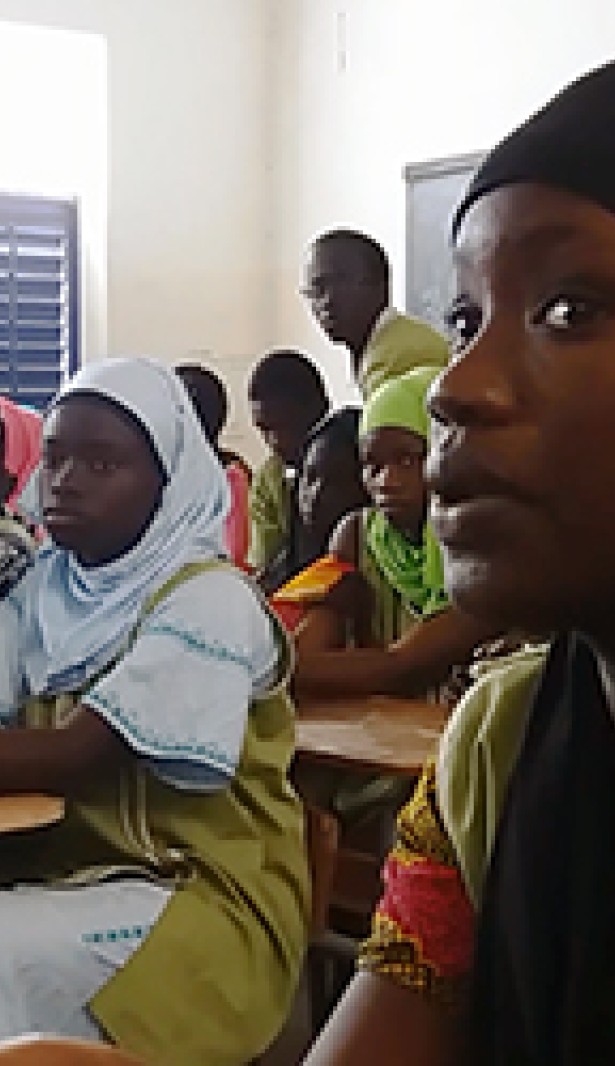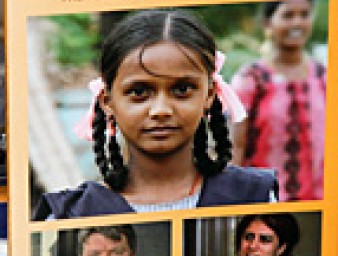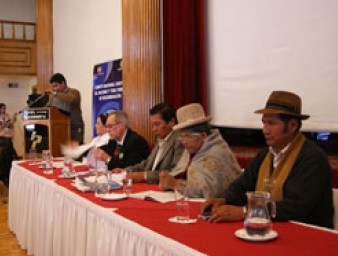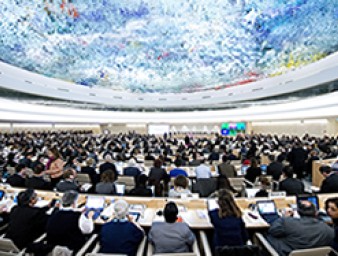A girl's education comes first, marriage will follow later
06 March 2017
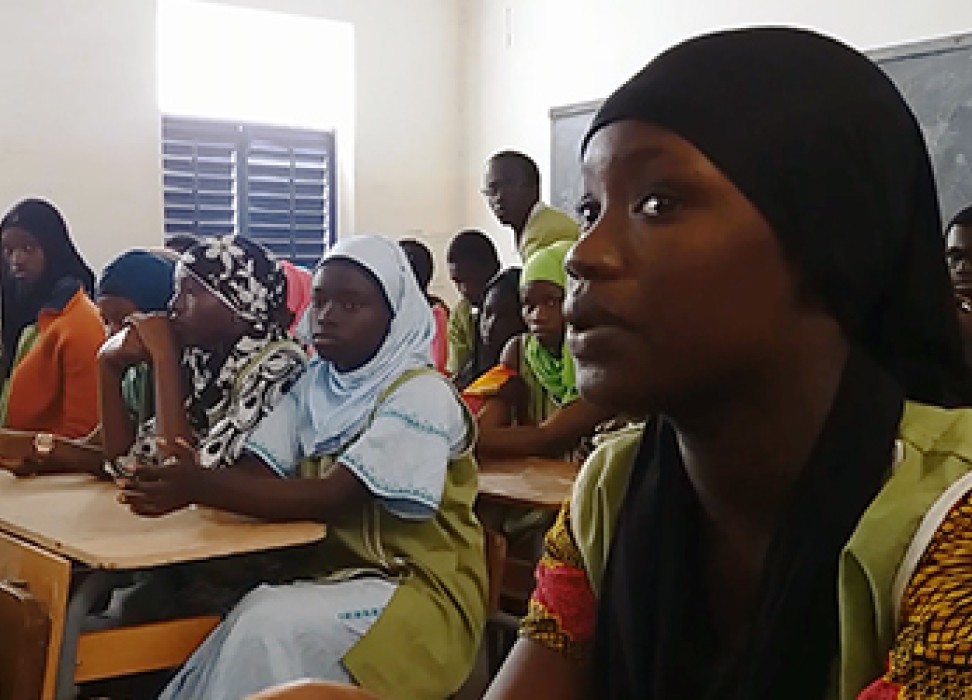
Sokhna Diara Diouf is 15 years old. She is a member of the Citizenship and Human Rights Club of the CEM les Martyrs school of Thiaroye, on the outskirts of Dakar, Senegal. The Regional Office for West Africa of the UN Human Rights Office (OHCHR-WARO) has been supporting that Club since 2014 in the framework of its human rights education activities.
Every Thursday, Sokhna and other students in her class, girls and boys – although she admits that the girls are more numerous – participate in the club’s meetings to choose the topic that will be the focus of the debate on citizenship and human rights the following Thursday.
This time, the theme is schooling, keeping girls in school and marriage.
What influences the choice of themes are the students’ challenges in everyday life. They choose a theme that will enable them to discuss human rights while also applying them to problems they encounter daily. Thus, the issue of girls' school attendance and keeping them in school frequently arises among the Club’s students, as some of them, when they reach puberty, must marry.
To address the issue, students use textbooks on the Universal Declaration of Human Rights provided by OHCHR-WARO and focus on articles linked to the theme of the day. The debates are supervised by history and geography teachers with whom the Office constantly discusses human rights issues, society’s challenges and their repercussions on the lives of pupils inside and outside of school. With the help of manuals on human rights education, they teach the Club’s members civics and citizenship.
After the debate, Sokhna was confronted with the prospect of one of her classmates getting married. During the discussion she understood that girls should not only be enrolled but also kept in school. It was revealed that sometimes, as soon as girls barely know how to read, they are deemed fit to become wives.
“My friend came to see me and told me that her parents wanted her to drop out of school to get married. I told her not to force things with her parents, to listen to them and then talk to them,” Sokhna said. “Parents need to be made aware of the importance of girls’ education. Those girls could become doctors, presidents… She listened to me and followed my advice. She talked to her parents and me to mine. My mother then spoke with the girl's parents and convinced them.”
“Senegal is a country of parity, girls and boys work. Moreover, my friend is an excellent student, so she should not marry too soon and vanish from school,” she added.
Now, Sokhna Diara Diouf is living proof of her act of courage. Thanks to the Human Rights Education Program of the UN Human Rights Office in West Africa and the activities of the school's Citizenship and Human Rights Club, she has a better understanding of her rights and the rights of all girls. She has become a young human rights defender who wants to spread the message, including her own testimony, to other students.
In the ten countries with the highest rates of child marriage, nine are in Africa.Child marriage is a violation of the rights of women and girls and is among the underlining and contributory factors for intimate partner sexual violence and sexually transmitted infections, including HIV, as well as denial of girls’ access to education and to vocational and life skills. As we celebrate International Women’s Day on 8 March, the UN Human Rights Office, the African Union and UN Women are launching a report on Women Rights in Africa. Read the full report here.
6 March 2017
